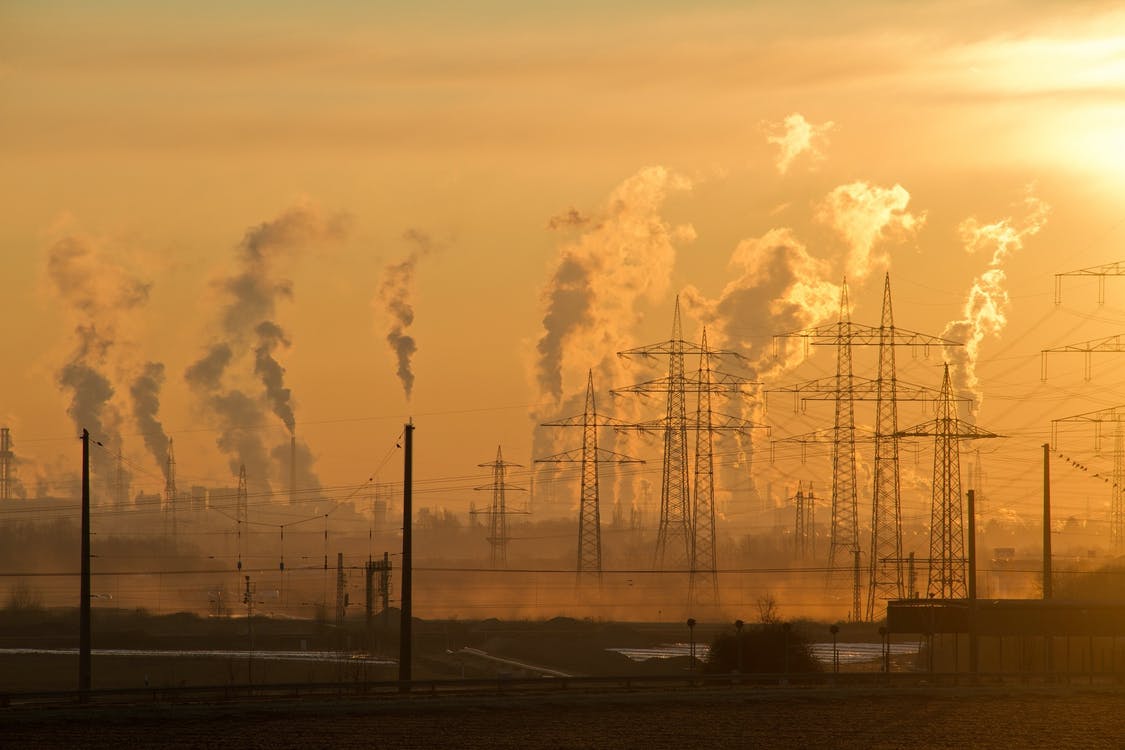The House of Commons has officially declared a national climate emergency after latest numbers show national emissions are nowhere near the targets set by the Paris Agreement.
Proposed by Environment and Climate Change Minister Catherine McKenna, the motion passed 186 to 63.
The Paris Agreement was signed in 2016 within the United Nations to find a way to combat climate change, dealing with greenhouse-gas-emissions mitigation, adaptation, and finance.
The latest numbers summited to the United Nations for 2019 show Canada’s greenhouse gas emissions only dropping 2 per cent since 2015. This number is a far cry from the 30 per cent reduction Canada signed onto reach by 2030.
Annie Booth, a UNBC Professor of Environmental and Sustainability Studies, said for a real change it’s not enough to just acknowledge the problem.
“Canada is a huge producer of carbon, and it’s not a simple thing to ask a country to reduce its greenhouse gas emissions because its entire way of life in the western world produces greenhouse gases in a major way.”
Although BC has improved its emission slightly, the report to the UN lists an increase in emission from the oil, gas, and transportation sectors offsetting the decreases in other areas.
“On one hand (BC) talks a good game and puts on a carbon tax and tells the individual consumer to cut back, but on the other hand, (the province) is actually going to go ahead and exploit natural gas fields because of their revenue and royalties,” said Booth.
An article by the Pembina Institute states, “LNG Canada and Woodfibre LNG, would collectively increase annual carbon pollution by 9.1 Mt (megatonne) by 2030, and 10.2 Mt by 2050.”
Booth said although scientists can’t seem to agree on when it will happen, the science is sold on the significant changes climate change will bring.
These changes include an increase in wildfires, and rising sea levels causing the disappearance of large areas, including Vancouver and Florida.
“We are already a country that obsessed with refugees coming in, but climate change will raise the level of refugees because they have nowhere to live. Their lands are no longer arable, they can no longer feed themselves, and with the rise in sea levels, a lot of their landscape will be under water.”
Something going on in the Prince George area you think people should know about?
Send us a news tip by emailing [email protected].







